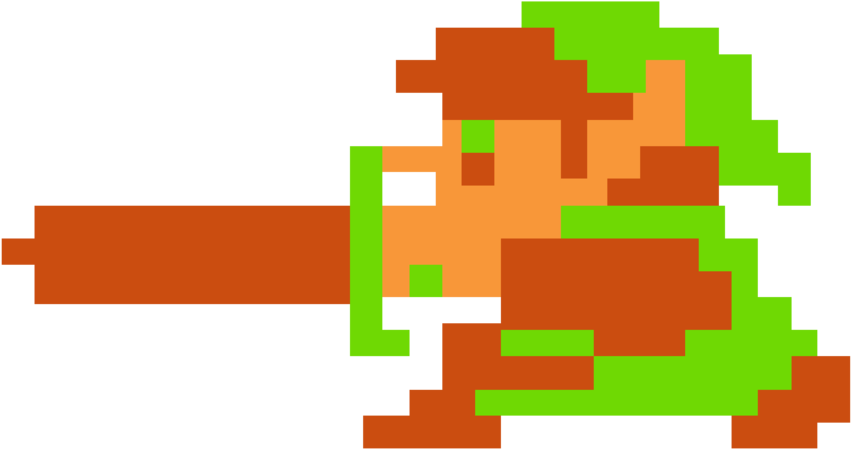Capcom discusses the challenges and chaos of game localization
Translate this post
Game localization is a super important aspect of video game development that a lot of people overlook. Perhaps in an effort to shed more light on how impactful this endeavor can be, Capcom has shared a new interview with their own localization team. The team in question has worked collectively on Resident Evil, Monster Hunter, and the Ace Attorney games, just to name a few.
When asked to mention something that most fans don’t realize about the process of localization, Capcom’s Stefano had the following to say:
Stefano: Localization can be very chaotic and it’s very different from working on an already finished product, such as a book or a movie. Also, players don’t always realize how much text there can be in a game (typically a lot more than someone would expect). Therefore, it can be very challenging to ensure everything is accurate with the least number of mistakes possible.
The translation itself can be influenced by many factors, including character limits in the interface (we often work closely with members of the User Interface or UI team to ensure those are suitable for all languages), the use of textures, the font choice, and other technical related limitations.
Each member of the localization team works on a variety of Capcom titles, rather than specializing in any one genre. As part of another question, the team members commented on the different approaches required for different game types, and even how fans can influence their work:
Alberto: They have different tones overall that obviously make their localization very different. My approach to an RE game is that it should sound very much like a movie. Monster Hunter is a lot more lighthearted, but a fantasy world setting has a lot less obvious constraints – you can’t use expressions or references that may sound too modern or relate to elements of the real world that may momentarily break a player’s immersion or may not even exist in the universe of the game. Street Fighter on the other hand is more modern sounding – and even more so in SF6, with its youthful, street-culture vibe. The Spanish fighting game community uses a lot of terms in English, and in SF6 we’re reflecting that in the game rather than trying to fight it.
Andrew: To add to what Stefano and Alberto touched upon, with Monster Hunter you really want to be on the ball with your word choice and keeping it consistent. Great Sword is always going to mean the weapon type that hunters use and nothing else, so translators must avoid using it in a different context to minimize confusion. Street Fighter, on the other hand, takes a lot from its community and we try to use terms that the fans have coined themselves because we feel it’s an organic evolution, and it makes communication within the community better and more genuine. We have no issues using “super meter” in the translation, even though the official term is Super Art Gauge, because that’s what the community is comfortable using. You’ll see this a lot in Street Fighter 6’s new commentary feature!
There’s plenty more to discover in this interview, including who the team’s favorite characters to translate are, and what advice they have for anyone looking to break into the same line of work. Visit Capcom’s web site to read the full article and gain more insight into the process.


Comments (1)